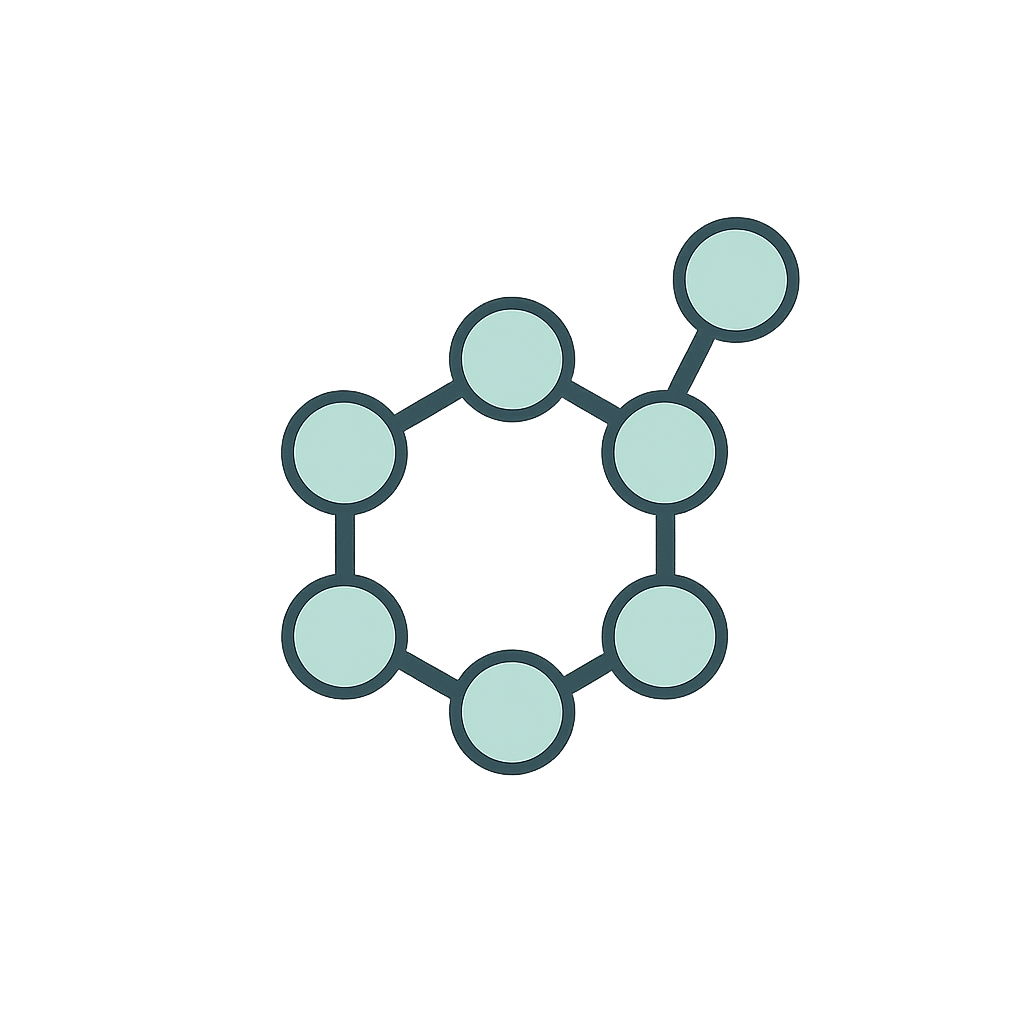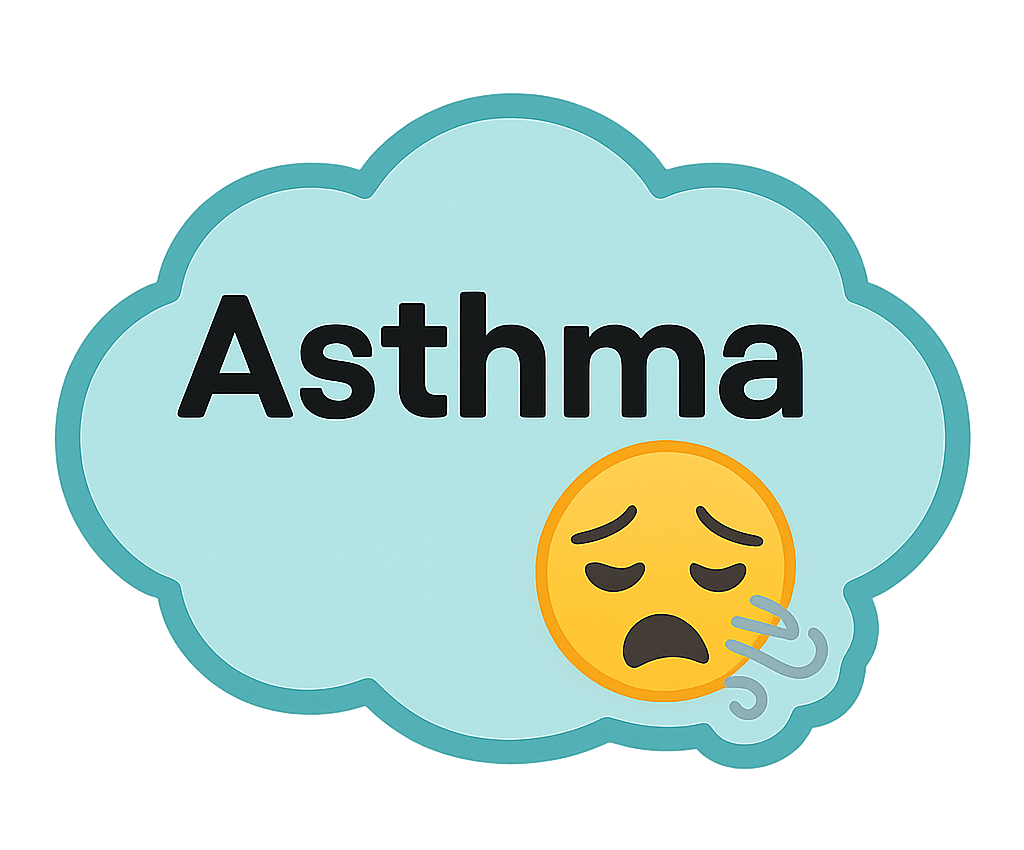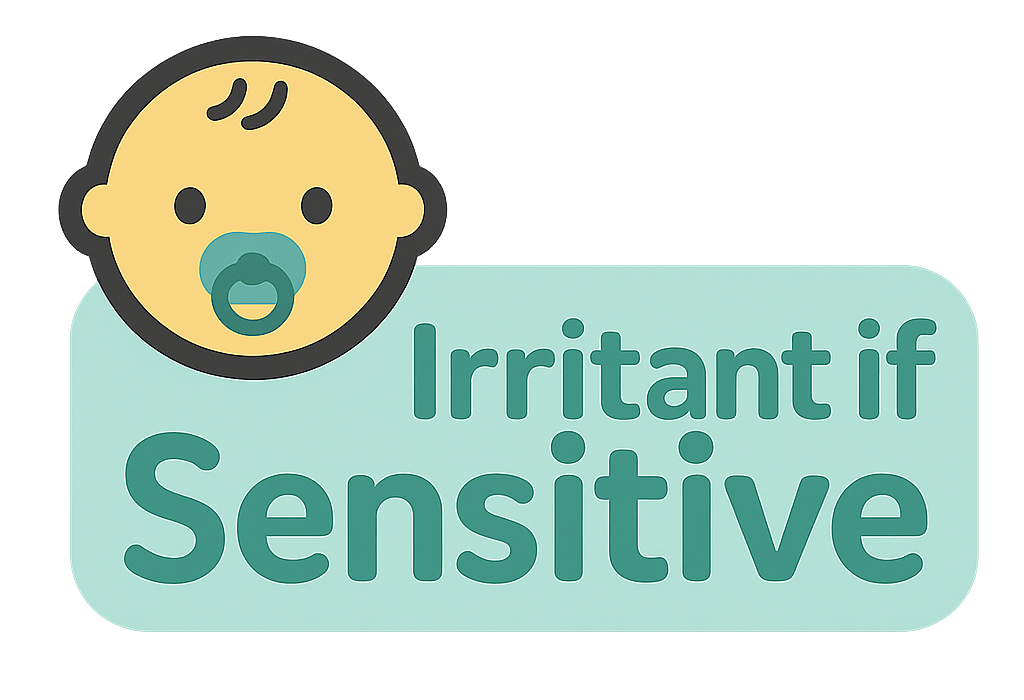Amylase

1-2 year old toddlers • Consumable product
Check for Different Age (4 available)
Is this toddler-safe to eat Amylase?
ℹ️General Overview
Amylase in foods is usually safe for 1 to 2 year olds and is broken down in the stomach.
✅What to Do
If your child has no known allergies you can allow foods containing amylase as part of a varied diet. If your child has a known enzyme or severe soy or fungal allergy check with your pediatrician before giving this product.
⚠️Warnings
Watch for allergic signs such as hives swelling trouble breathing repeated vomiting. If any of these occur seek immediate medical care. If your child has known enzyme or severe food allergies avoid and consult a pediatrician.
Are you holding the product?
Scan the full ingredient label and understand if it's safe for your child.
Safety Risk Labels
This ingredient has the following documented risks:



Tap or hover over labels to see detailed risk information.
Alternative Names for Amylase
This ingredient may also be listed as:
Always check ingredient labels carefully, as ingredients may be listed under different names.
Common Questions About Amylase
Is this toddler-safe to eat Amylase?
Yes, Amylase is generally considered safe for 1-2 year old toddlers based on current research.
What are the immune system risks of Amylase for toddlers?
Could weaken or confuse immune system. Young children may be more sensitive to these effects.
What are the asthma risks of Amylase for toddlers?
Can make breathing issues like asthma worse in babies and kids. Young children may be more sensitive to these effects.
What are the irritant risks of Amylase for toddlers?
Can cause skin redness, itchiness, or rashes—especially on sensitive baby skin. Young children may be more sensitive to these effects.
What products contain Amylase?
Amylase is commonly found in food products, dietary supplements, and consumable items. Always check ingredient labels before use.
When can toddlers eating products with Amylase?
The appropriate age depends on the specific ingredient properties and concentration. This analysis is for 1-2 year old toddlers. Use the age selector above to check other ages.
Want to scan another product?
Use our camera scanner to analyze more ingredient labels
Scan Another Product